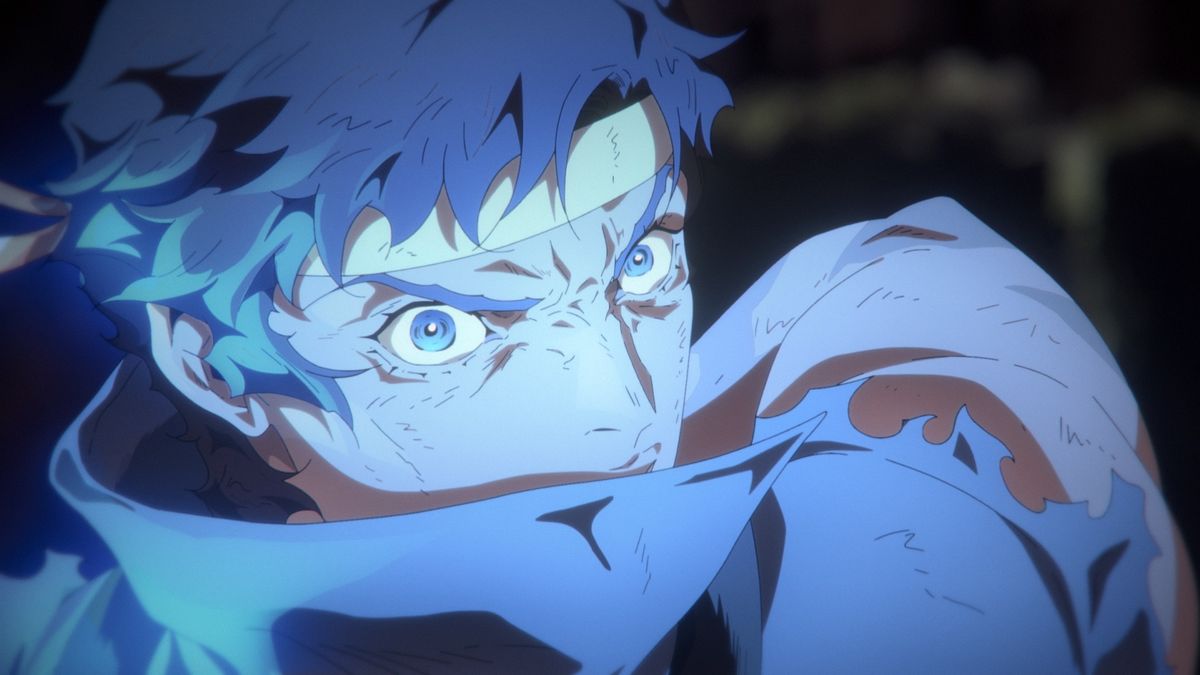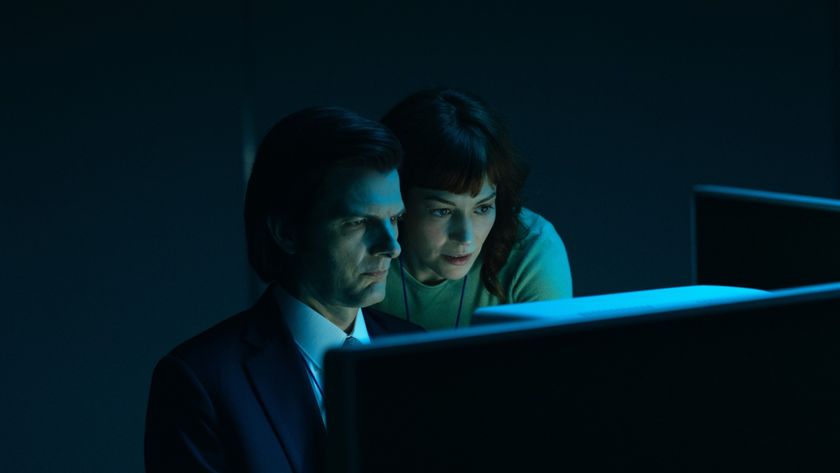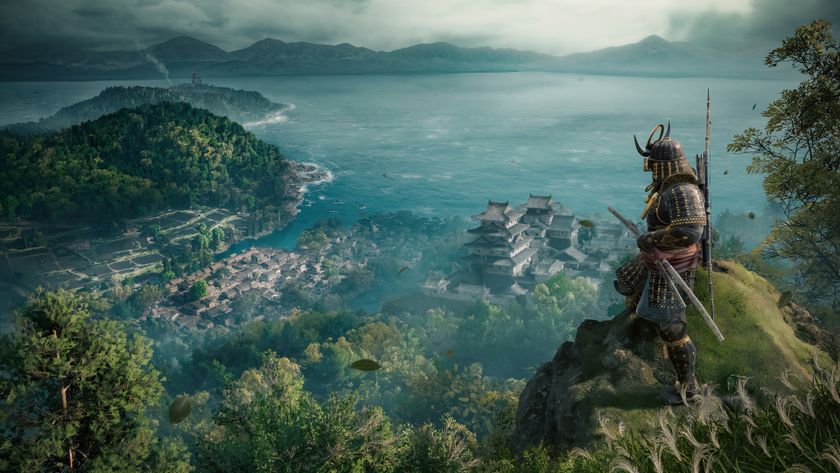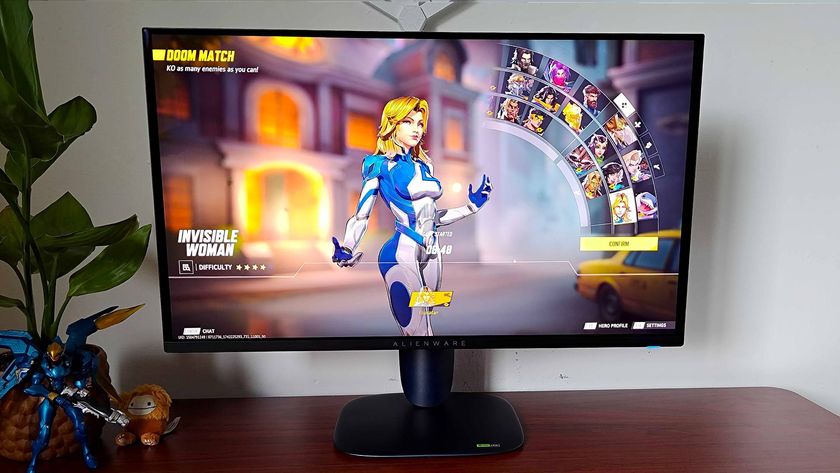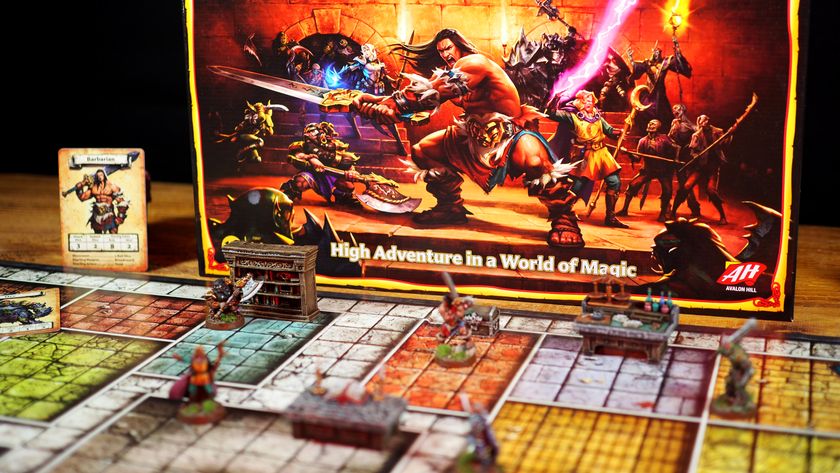12DOVE Verdict
Castlevania: Nocturne remains just as thrilling in season 2 with the kind of innovative fight sequences that live-action cinema can only dream of. The show's signature charm is still intact too, although the original Castlevania series remains superior.
Pros
- +
Exceptionally creative fights
- +
Beautifully animated
- +
Alucard!
Cons
- -
Lackluster villains
- -
Key characters underused
- -
Lacks the spark of Castlevania
Why you can trust 12DOVE
Following Castlevania was never going to be an easy task. Four years on, it's still one of the greatest video game adaptations of all time — and that remains true in animation or any other form for that matter.
But for the most part, Netflix spin-off Castlevania: Nocturne actually succeeded in channeling the best of the franchise in season 1, building on decades of worldbuilding already established in Konami's legendary video game series with bloody action and a devilish grin.
Yet even with its new cast of delightful characters and a welcome change in setting, the first season of Nocturne still never quite soared to the heights of Castlevania at its best.
Whether you blame the departure of controversial writer Warren Ellis, pressure to match the original, or something else entirely, it always felt like there was something missing in the first chapter, as if it was the younger sibling trying to keep up without fully understanding what made the original so special in the first place.
With the arrival of season 2, Castlevania: Nocturne now has the added pressure of living up to that legacy while also building on the new arc established in season 1. Kind of like a certain vampire with a huge legacy of his own who showed up out of nowhere last time in a surprise cliffhanger…
Levelling up
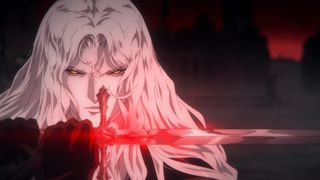
Set 300 years after the end of Castlevania, Richter Belmont and his merry band of vampire hunters continue fighting to stop Erzsebet Báthory in the new season. This 'Vampire Messiah', already on the verge of godhood, is now closer than ever to obtaining the full power of an actual goddess named Sekhmet amidst the French Revolution circa 1792.
But thankfully, the gang have levelled up too. Having unlocked his gifts at the end of season 1, Richter is now living up to the Belmont name and then some by incorporating control over the elements into his whip-based brawling. Meanwhile, Annette's mastery over earth and metal continues to grow as she sets out on a quest to obtain more power at the behest of her ancestors who believe she may be the key to defeating the Vampire Messiah.
Every fight is packed with the kind of innovation superhero cinema is sorely lacking these days in comparison.
And then there's Maria Renard, a summoner whose ability to conjure dark entities takes on a frightening new dimension (literally) in season 2, compounded by the loss of her mother to vampiric forces. Her storyline especially is a highlight this season. When Maria stares into the abyss, it stares back at her with eyes she can control, or at least try to, depending on her mental state. The corrupting nature of this unknown gift, which calls upon energies other gifted magic-users don't understand, plays out separately to the main narrative, but this is where the show excels most.
Between Tera's struggle as a newly-fledged vampire and how this is echoed through Maria's own descent into darkness, the Renard mother-daughter dynamic is a highlight that speaks to the thematic backbone of the original Castlevania where Alucard wrestled with his half-human, half-vampire lineage.
A backwards Dracula
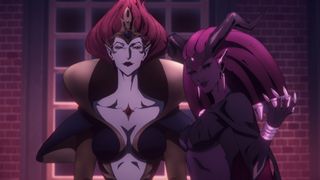
Ah yes, Alucard, the son of Dracula, who barreled into the fray at the very end of Nocturne season 1 with all the force of blood bursting out of a severed artery. Despite the two shows sharing a universe together, and despite the fact that Alucard is immortal and so could theoretically appear in sequels until the end of time, his arrival was nonetheless shocking in the best way possible, bridging the universe established in Castlevania with this new roster in an ambitious bout of expansive world-building.
This franchise often knows exactly what its fans want at the right moment, be it a perfectly-placed Easter egg or a perfectly timed bout of choreography, and Nocturne is no exception, opening with a solo Alucard fight that reminds us why viewers would line up for a bite from his truly.
From that point on though, the show wisely moves him to the side, being ever present with his condescending quips without drawing too much attention away from the central characters and their story. Because it is their story now, Alucard had his time, and making him the star again would risk diminishing returns while doing a disservice to what Nocturne has already established.
That's not to say Alucard has just been included for the sake of it. In the show's quieter moments, his past, including events we have and have not seen, play into conversations with the new, younger cast, be it through advice on evil dads and the transformative power of love or what it means to live forever (especially when the Belmont bloodline is also around forever to bother you still).
Release date: January 16
Available on: Netflix
Showrunners: Kevin Kolde and Clive Bradley
Episodes seen: 8 out of 8
Some of the banter between Alucard and Richter is reminiscent of the old days with Trevor Belmont, Richter's great, great, great, great-something-grandad, although the dialogue can feel a bit forced on occasion, especially compared to how easily it used to flow in the original show. Some of the voice actors fare better than others with the material, but James Callis remains the perfect Alucard, concerned yet aloof, while Pixie Davies captures that innocence Maria fights to retain staring so much into the void.
What does continue to flow well though is the action. Every fight, every moment in fact, is packed with the kind of innovation superhero cinema is sorely lacking these days in comparison. The team behind Marvel's Blade would do well to begin their research here, assuming the film ever comes out, because it's hard to find more thrilling battles than the ones regularly peppered throughout Nocturne.
There are grand, jaw-dropping sequences that will have you jumping out of your seat in disbelief, including a level-up for Maria that's reminiscent of Games of Thrones, but there's just as much wow factor in the little moments too, whether it's Richter steadying himself with iced-up knuckles, Maria's hair moving like Sailor Moon's as she seeks vengeance, or even just Tera using melting ice to shield her vampire form from the sun overhead.
Lacks bite
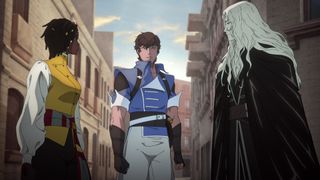
No punches are pulled, especially in one long fight that stretches over the final two episodes, so it's a shame that the villain at the heart of this conflict lacks punch. That's true of both villains in fact because neither Erzsebet Báthory nor Drolta Tzuentes are particularly engaging this time around. And I say that as a huge fan of the latter in season 1. Compared to the vicious Council of Sisters from Castlevania, and the deliciously evil Carmilla especially, these new Big Bads are big in the power stakes, but are kind of bad, or at least a bit dull, when it comes to the charisma you'd expect from a world chock-full of likeable monsters.
Olrox, the old Aztec vampire in love with a Christian soldier, helps balance this out with his much welcomed return in season 2 although even his story is a bit underdeveloped. Edouard is also under-used now that he's kept almost entirely separate from the rest of the gang, except when he's trotted out to sing his gorgeous opera notes that further emphasize the contrast between his now-horrific demon visage and the beauty that can still be found at times in this cruel, bleak world.
Bleak, yet stunningly so, the carefully rendered locations expand from rural France to the streets of Paris, inside the Louvre and even Ancient Egypt in season 2, not to mention other spirit realms that only Annette can see. The animation is dazzling at points, as is the love story that sits at its center, although the chemistry between Annette and Richter lacks some heart compared to the emotive beats of other arcs like Maria's.
I won't spoil how all these threads tie together by the end of the season, but just know that it doesn't end on quite such an abrupt cliffhanger as the first chapter did. If this is the end of Nocturne, it's a decent one that ultimately does the franchise proud, even if it doesn't quite match the dizzying, blood-curdling heights of Castlevania's flagship show.
Castlevania: Nocturne season 2 is now streaming on Netflix. Check out how you can watch the new season in full with our Castlevania: Nocturne season 2 release schedule.
Discover more new anime around the corner with our guides to the Attack on Titan movie and the Chainsaw Man movie.

With ten years of online journalism experience, David has written about TV, film, and music for a wide range of publications including Indiewire, Paste, Empire, Digital Spy, Radio Times, Teen Vogue and more. He's spoken on numerous LGBTQ+ panels to discuss queer representation and in 2020, he created Digital Spy's Rainbow Crew interview series, which celebrates queer talent on both sides of the camera via video content and longform reads. Passions include animation, horror, comics, and LGBTQ+ storytelling, which is why David longs to see a Buffy-themed Rusical on RuPaul's Drag Race.
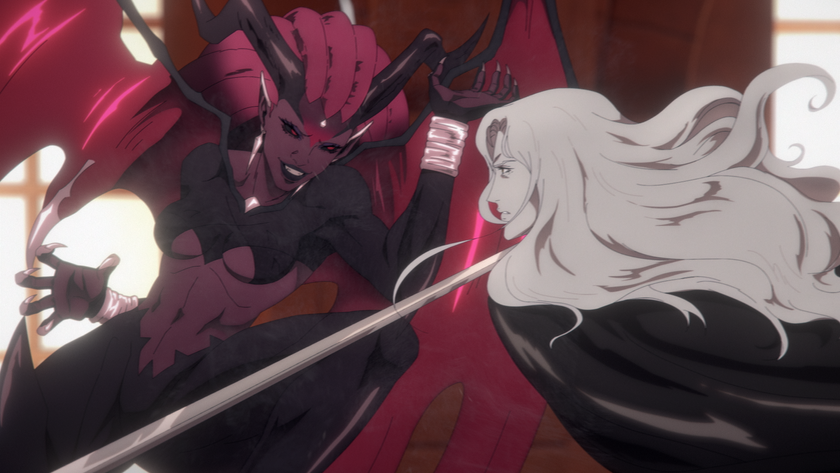
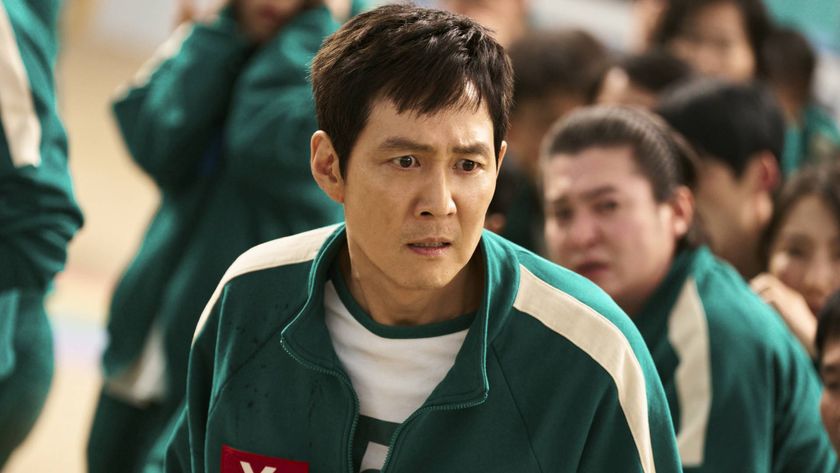
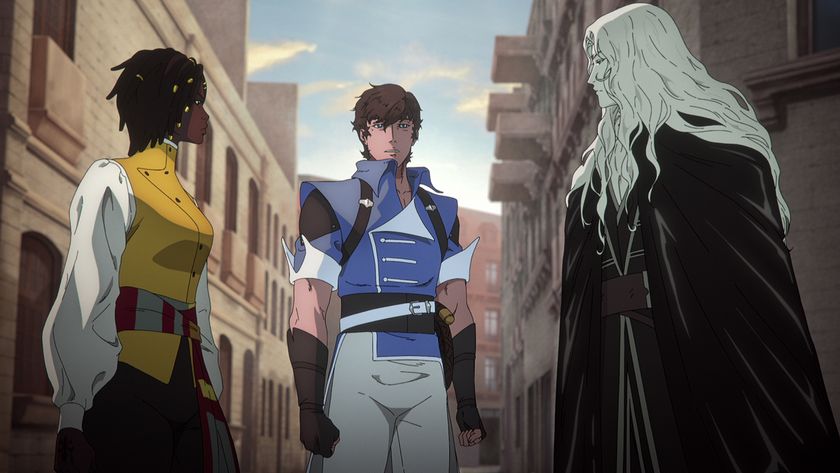
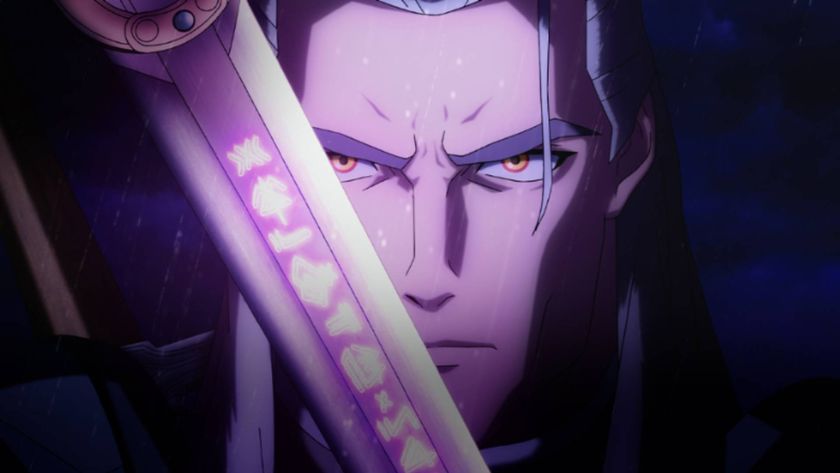
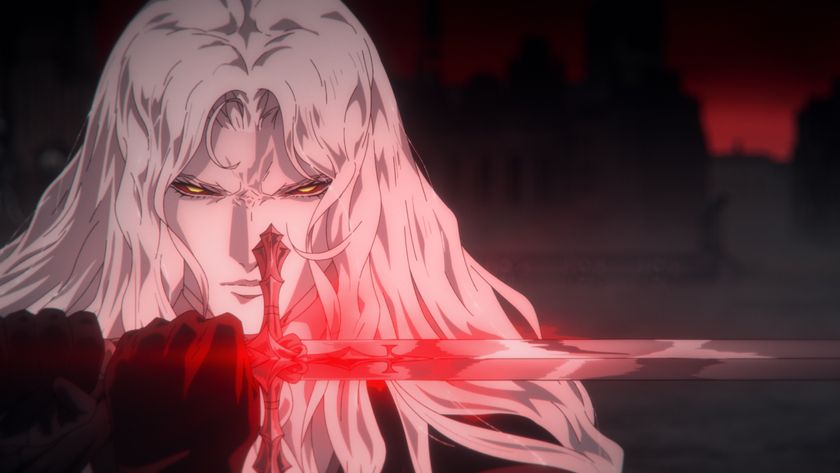

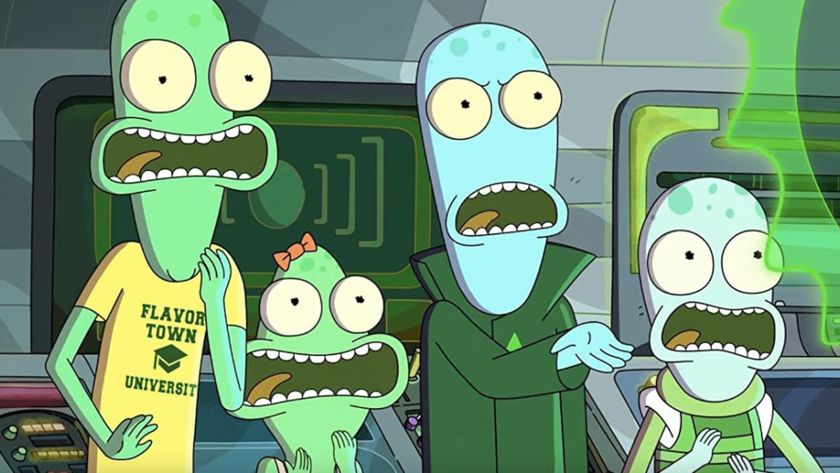
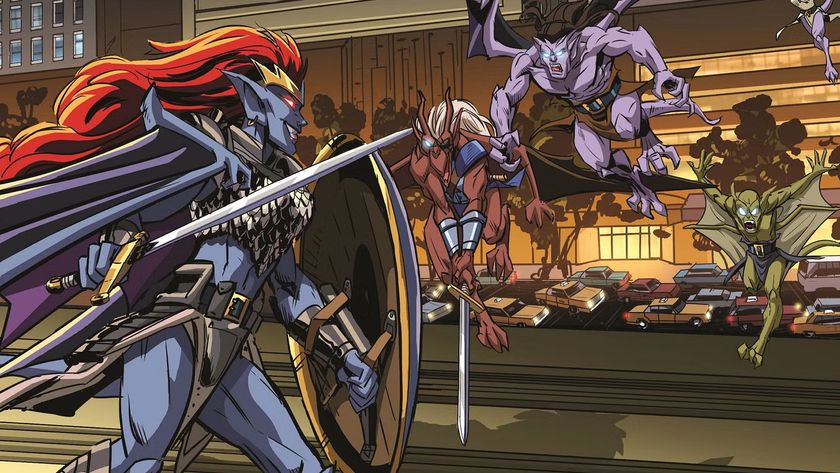

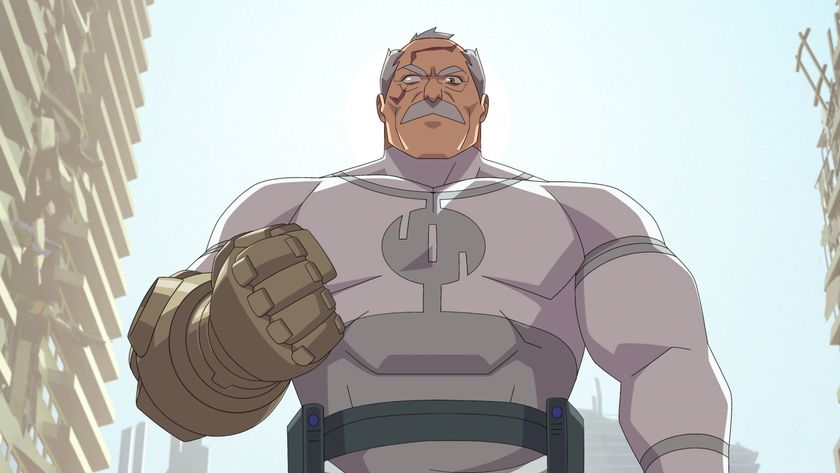





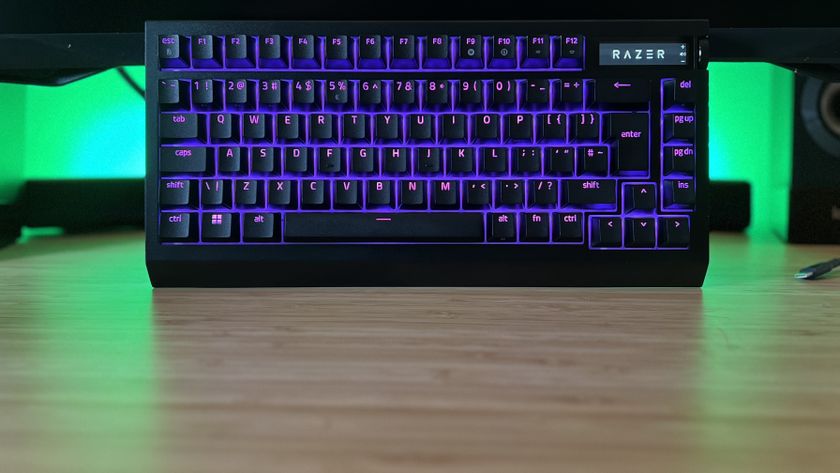



Castlevania: Nocturne season 3 is a possibility, but the anime's directors need the "Netflix gods and the audience to define that for us" so they can "figure out where they're going next"

Castlevania: Nocturne season 2 release schedule – what time is the anime on Netflix?
